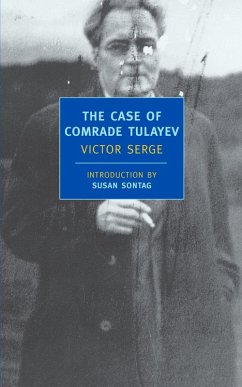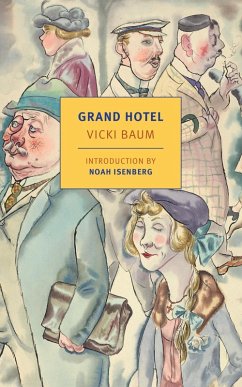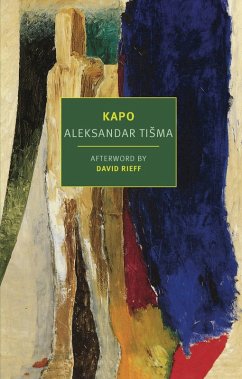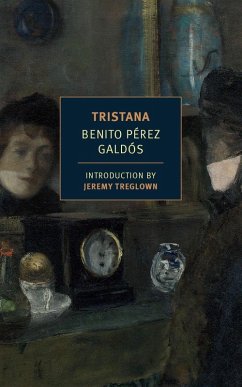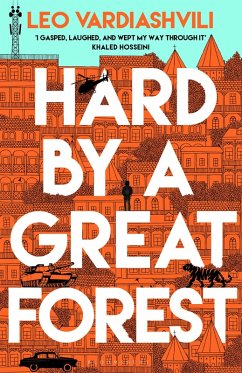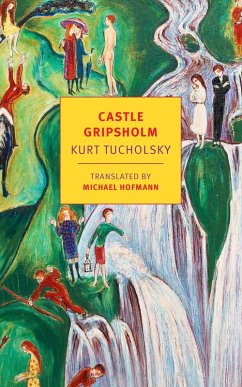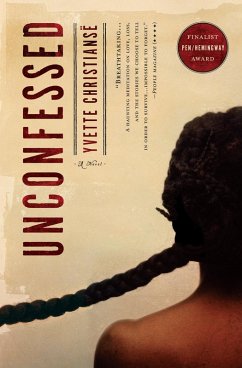
Houses (eBook, ePUB)
Versandkostenfrei!
Sofort per Download lieferbar
9,95 €
inkl. MwSt.
Weitere Ausgaben:

PAYBACK Punkte
5 °P sammeln!
Building can be seen as a master metaphor for modernity, which some great irresistible force, be it Fascism or Communism or capitalism, is always busy rebuilding, and Houses is a book about a man, Arsénie Negovan, who has devoted his life and his dreams to building. Bon vivant, Francophile, visionary, Negovan spent the first half of his life building houses he loved and even named-Juliana, Christina, Agatha-while making his hometown of Belgrade into a modern city to be proud of. The second half of his life, after World War II and the Nazi occupation, he has spent in one of those houses, looke...
Building can be seen as a master metaphor for modernity, which some great irresistible force, be it Fascism or Communism or capitalism, is always busy rebuilding, and Houses is a book about a man, Arsénie Negovan, who has devoted his life and his dreams to building. Bon vivant, Francophile, visionary, Negovan spent the first half of his life building houses he loved and even named-Juliana, Christina, Agatha-while making his hometown of Belgrade into a modern city to be proud of. The second half of his life, after World War II and the Nazi occupation, he has spent in one of those houses, looked after by his wife and a nurse, in hiding. Houses is set on the final day of his life, when Negovan at last ventures forth to see the world as it is. Negovan is one of the great characters in modern fiction, a man of substance and a deluded fantasist, a beguiling visionary and a monster of selfishness, a charmer no matter what. And perhaps he is right to fear that home is only an illusion in our world, or that only in illusion is there home.
Dieser Download kann aus rechtlichen Gründen nur mit Rechnungsadresse in A, B, BG, CY, CZ, D, DK, EW, E, FIN, F, GR, HR, H, IRL, I, LT, L, LR, M, NL, PL, P, R, S, SLO, SK ausgeliefert werden.




